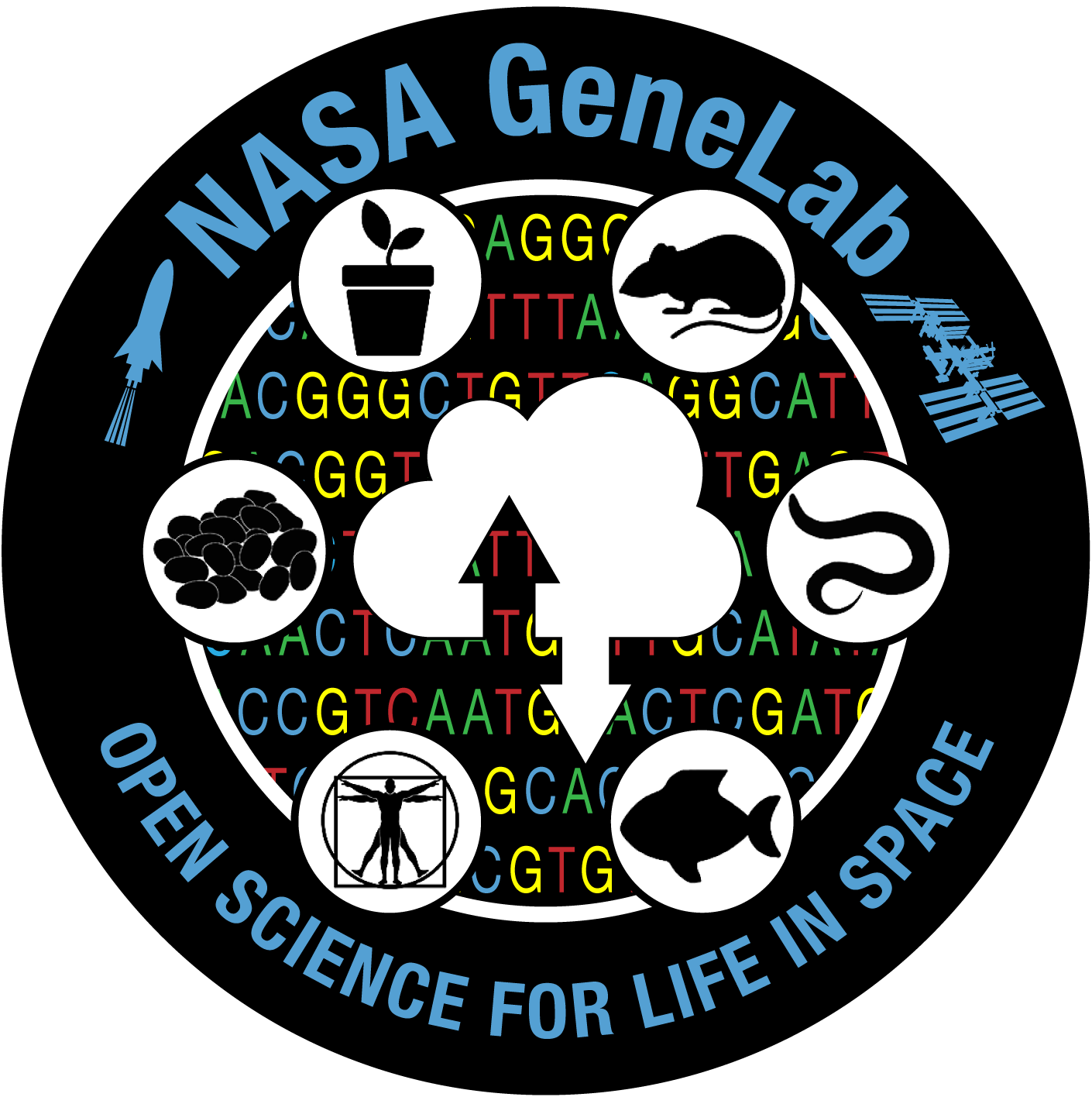Greetings From GeneLab!
We're happy to share some recent GeneLab highlights with you.
DATA RELEASE
Eight new datasets are now available through the GeneLab Data System. This release includes two datasets that are being released through GeneLab for the first time entitled, "Evaluation of in vitro macrophage differentiation during space flight" (PI: Stephen Chapes), and "RNA-Seq analysis identifies potential modulators of gravity response in Ceratopteris spores: Evidence for modulation by calcium pumps and apyrase activity" (PI: Stanley J. Roux). In addition, six datasets were imported to GeneLab from other databases. This brings the total number of datasets in the GeneLab Data System to 55.
NASA Space Biology Omnibus NRA: GeneLab Innovation Awards Research Announcement (ROSBio-2016 Appendix A)
A NASA Research Announcement for Research Opportunities in Space Biology (ROSBio) was released on March 24, 2016. This NRA solicits research that utilizes the GeneLab Data System to translate spaceflight research data into new knowledge relating to the responses of living systems in the spaceflight environment. Non-binding notices of Intents (NOIs) are due April 25, 2016 at 5 PM Eastern Time, and full proposals of 15 pages or less, are due June 28, 2016 at 5 PM Eastern Time. The full-text of the announcement including instructions on how to apply is available through NSPIRES.
SpaceX-8 Launch
GeneLab will host omics data from two experiments that are scheduled to launch with the SpaceX-8 resupply mission to the International Space Station on April 8, 2016.
Microbial Tracking-1C (MT‑1C) is part three of a three-part investigation that seeks to characterize airborne and surface-associated populations of microorganisms aboard the International Space Station. MT‑1A and MT‑1B launched on board SpaceX‑5 and SpaceX‑6 respectively. All three MT‑1 investigations will contribute metagenomic data to GeneLab.
GeneLab will also host transcriptomic, proteomic and epigenomic data from the Influence of Microgravity on the Production of Aspergillus Secondary metabolites or IMPAS experiment (Micro-10). The experiment uses both wild-type and mutant strains of Aspergillus nidulans to determine whether the microgravity environment alters gene expression and thus the production of metabolites by the fungus. In particular the investigators are interested in the production of secondary metabolites – compounds that provide a selective advantage to fungi but are not essential for growth or reproduction – that can be exploited by humans to make beneficial pharmaceuticals.
NASA TV coverage of the SpaceX-CRS-8 launch scheduled for Friday, April 8, 2016, at 4:43 p.m. EDT will be available for viewing on: http://www.nasa.gov/multimedia/nasatv/
GeneLab at the 2016 Experimental Biology Conference
GeneLab will attend the Experimental Biology Conference, April 2-6, 2016, at the San Diego Convention Center in San Diego, CA. The Space Biology project office at NASA's Ames Research Center will be co-hosting a booth exhibit with GeneLab at this annual meeting of professional research scientists from fields of study including anatomy, biochemistry, molecular biology, pathology, nutrition, pharmacology, and physiology.
Sincerely,
The GeneLab Team

